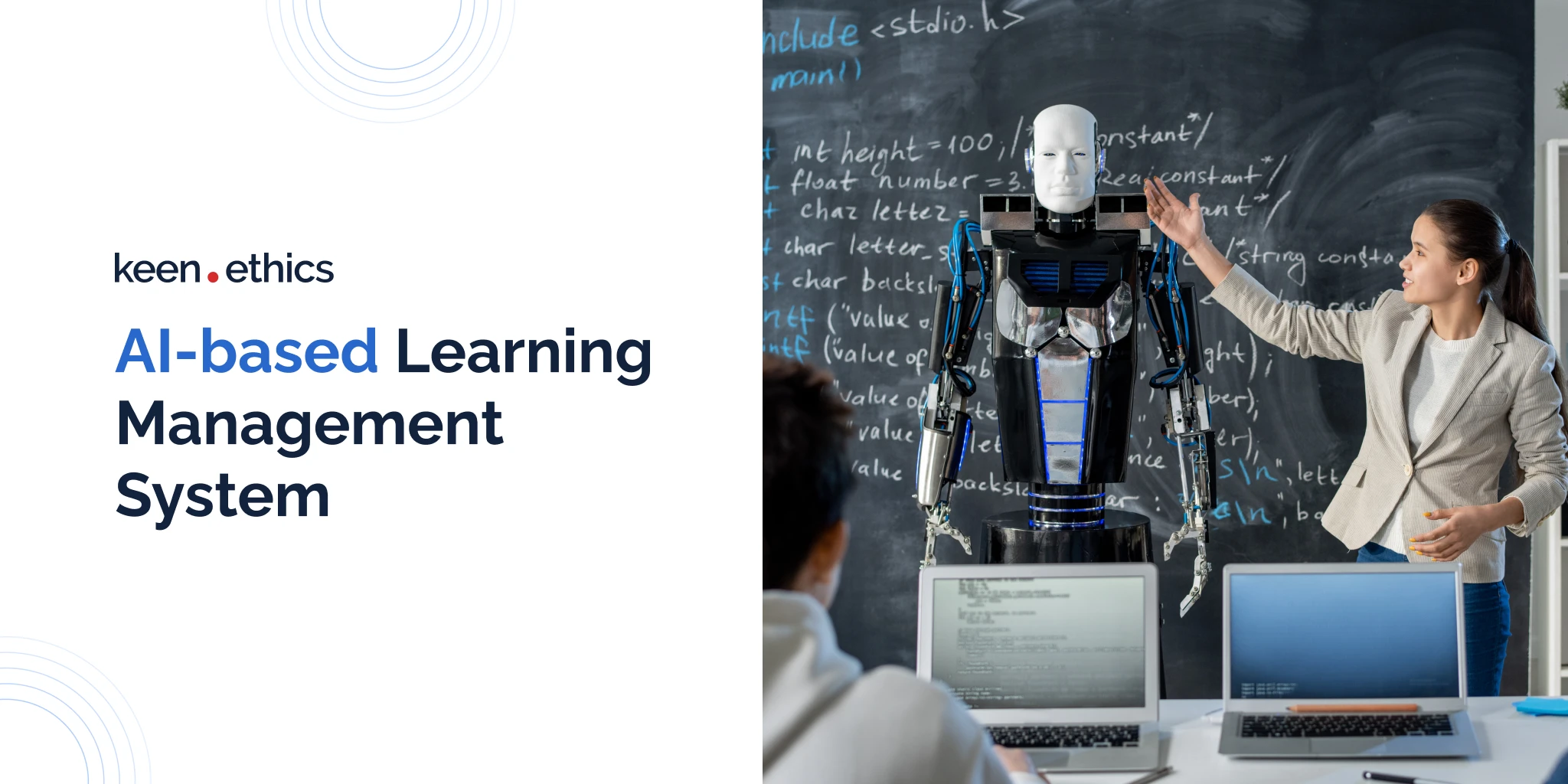Selecting the Finest Knowing Management System for Your Company
Picking the optimum Knowing Management System (LMS) for your organization is a multifaceted decision that calls for mindful factor to consider of numerous components. From specifying exact discovering goals that reverberate with your critical vision to reviewing customer experience, each factor plays a crucial function in the overall performance of the system. Additionally, understanding integration capacities and making sure scalability for future needs can not be forgotten. As organizations pursue effectiveness and development, the option of an LMS becomes progressively significant. What are the critical considerations that can influence your decision-making process?
Define Your Discovering Objectives
Defining clear discovering purposes is vital for the effective implementation of a Discovering Monitoring System (LMS) These objectives work as a roadmap, leading the development of content, evaluations, and total instructional strategies within the LMS. By establishing particular, quantifiable, attainable, pertinent, and time-bound (CLEVER) goals, companies can make certain that the learning experiences are lined up with their critical purposes and student needs.
Efficient learning objectives must envelop what students are anticipated to understand or be able to do upon conclusion of a program or training program. This clearness not only aids in content creation but also helps with the assessment of learner progress and the overall effectiveness of the LMS. LMS SG. Furthermore, well-defined purposes make it possible for stakeholders to examine whether the selected LMS functionalities and features straighten with their instructional objectives.
Assess User Experience
Once finding out goals have been developed, examining individual experience becomes an essential next step in picking a proper Knowing Management System (LMS) Customer experience includes the overall complete satisfaction and ease with which students engage with the system. A well-designed LMS ought to help with instinctive navigating, making certain that users can locate programs, products, and assistance easily.
To assess individual experience, consider carrying out functionality screening with a representative example of end-users. Trick elements to examine consist of the LMS's interface design, ease of access functions, mobile compatibility, and the quality of guidelines supplied.
Additionally, examine the accessibility of support resources, such as tutorials and aid facilities, which can improve the individual experience. The responsiveness of consumer support is likewise important; timely assistance can substantially reduce frustrations that customers may encounter. Inevitably, selecting an LMS that prioritizes user experience not just enhances the discovering process but additionally fosters higher engagement and satisfaction amongst learners.

Evaluate Integration Abilities
Identifying the value of seamless functionality, assessing combination abilities is crucial when picking a Learning Monitoring System (LMS) An effective LMS ought to facilitate interoperability with existing systems, such as Personnel Management Solution (HRMS), Customer Partnership Administration (CRM) platforms, and other educational tools. This integration enhances information circulation, decreases administrative problems, and guarantees a cohesive knowing atmosphere.
When examining an LMS, take into consideration the sorts of combinations provided. Search For Application Programming Interfaces (APIs), Solitary Sign-On (SSO) capabilities, and pre-built connectors that improve integration processes. Furthermore, validate the LMS's capability to integrate with third-party devices, such as content libraries or evaluation platforms, which can significantly enhance the learning experience.

Think About Scalability and Versatility
As companies develop, the capability of a Knowing Administration System (LMS) to range and adapt comes to be progressively vital. A scalable LMS can suit growth in user numbers, training course offerings, and content without jeopardizing performance or individual experience. As organizations broaden, whether via boosted employees, new areas, or varied training demands, the LMS should flawlessly expand together with these adjustments.
Flexibility is equally important; a reliable LMS needs to support numerous learning methods, such as online, blended, and mobile discovering. This adaptability enables companies to respond rapidly to emerging patterns in training and growth, guaranteeing here are the findings that they can provide appropriate and engaging discovering experiences - Learning Management System Singapore. Additionally, the see here now system should offer adjustable features, enabling organizations to customize the LMS to their particular requirements and branding
In addition, an adaptable LMS should incorporate quickly with existing devices and systems, assisting in a natural knowing ecological community. Therefore, when choosing an LMS, it is vital to evaluate not just its existing capabilities but likewise its prospective to grow and adjust in positioning with the organization's tactical goals and advancing finding out requirements. This foresight can significantly improve the long-term feasibility of the selected LMS.
Evaluation Costs and Budgeting
When evaluating a Learning Management System (LMS), assessing expenses and budgeting is necessary to make sure that the financial investment lines up with the organization's financial capacities and calculated goals. Organizations must begin by determining the complete cost of possession, which consists of licensing costs, implementation costs, maintenance, and any kind of extra costs such as training and technological assistance.
It is vital to compare various LMS options, as rates designs can vary considerably among suppliers. Some systems may supply a subscription-based model, while others might bill an one-time cost. Organizations should also consider the scalability of the LMS; as they grow, the expense structure might change, impacting long-lasting budgeting.

Verdict
Selecting an appropriate Discovering Management System (LMS) is important for achieving organizational knowing objectives. Ultimately, the best LMS offers as a critical device in fostering an use this link effective knowing setting and driving business success (Canvas Singapore).
Selecting the ideal Discovering Administration System (LMS) for your company is a diverse decision that needs mindful consideration of various aspects.Specifying clear learning purposes is crucial for the successful application of a Discovering Management System (LMS)Once learning objectives have been developed, examining individual experience becomes an essential next action in choosing an appropriate Understanding Administration System (LMS)As companies advance, the capability of a Learning Administration System (LMS) to range and adjust becomes significantly essential.Choosing a suitable Learning Administration System (LMS) is essential for accomplishing organizational knowing purposes.